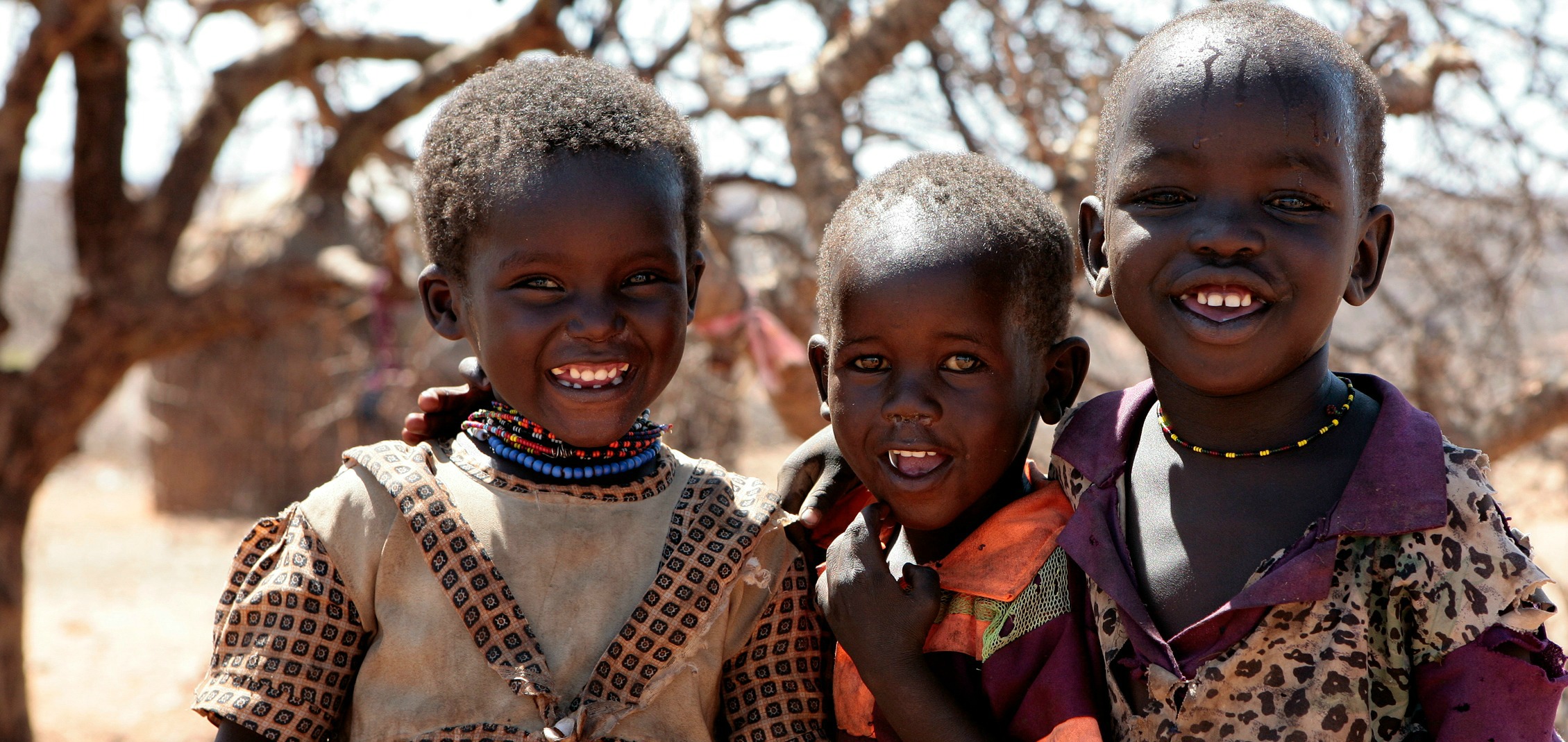
Despite increasing levels of inequality around the world, research has shown that humans are actually considerably opposed to the unequal distribution of wealth and resources. This is especially true when the collection of resources is a joint effort. In such cases, children as young as three often distribute resources based on individual effort or contributions—a merit-based distribution. For example, even three-year olds prefer to give the biggest rewards to the hardest workers. Most research on distributive justice, however, is carried out in Western countries with similar values, but in reality, the value of merit varies by society and culture around the globe. Consequently, researchers from Germany and the Netherlands teamed up to find out if merit-based distributive justice might be universal by measuring how young children divvy up prizes they worked together to earn.
The research group looked at resource allocation in children aged four to 11 from three different societies: Germany, a Western country; the ≠Akhoe Hai||om in Namibia, an egalitarian forager society; and the Samburu in Kenya, a pastoralist society with an age-based hierarchy. The children were paired off to play a reward game in which they used magnetic fishing rods to pull metallic cubes out of two containers. But the game was, of course, rigged: Twelve cubes were more magnetic than the rest. In one condition, the game favored one player over the other, allowing a child to obtain three times as many of the magnetized cubes as her partner. In another, the children always fished out exactly six cubes each, and in the last, merit-free condition, the kids were handed unequal numbers of the 12 cubes. Afterwards the children traded in the 12 cubes for 12 candy rewards, to be divided up as they pleased.
The study found that German children distributed the treats based on contributions, meaning the children that collected more cubes tended to walk away with more sweets. But the children from the egalitarian society in Nambia usually split up the sweets evenly, and those from the Samburu society varied greatly in their distribution practices, from a perfectly equal split to no sharing at all. In other words, merit seemed to play little to no role in the distribution of candies in the children from non-Western societies, indicating that there are important cultural differences in resource distribution and the value of merit. “A for effort” may be a strictly Western notion.


